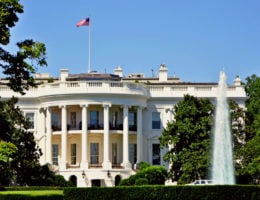The Labor Department (MTE) has disclosed in its website some clarifications for Frequently Asked Questions (FAQ) about the New Equal Pay Law.
The publication of the FAQ, which was very anticipated by employers, covers questions ranging from the purpose of the creation of the Law to more specific aspects of the publication of the Salary and Remuneration Transparency Report.
On 3 July 2023, the Brazilian president sanctioned Law n. 14,611/2023, which aims to ensure equal payment for women and men who perform the same activities. The new regulation also creates greater sanctions for employers.
Under Normative Rule 2,139, labor lawsuits will only need to be reported in the eSocial system starting July 2023. It may be understood that companies will not be required to include all ongoing labor lawsuits but only lawsuits with decisions no longer subject to appeal issued after the new July 2023 deadline, as well as those with impacts on employment obligations or tax, severance fund or social security payments.
Following the ruling issued on 8 June 2022, which determined that collective terminations require union involvement, Brazil’s Supreme Court has published on 25 April 2023 a new decision clarifying that such requirement applies to collective terminations implemented after 14 June 2022. The Supreme Court decision states that “prior union intervention is an essential procedural requirement for the collective termination of workers, which is not to be confused with prior authorization by the union or the signing of a collective agreement”.
Provisional Measure 1,116 was published on 5 May 2022. The measure implemented the ‘Programa Emprega + Mulheres e Jovens,’ a program to include and maintain women and young people in the labor market. Also published was Decree 11,061, which provides for the right to professionalization of underage and young people through professional learning programs.




